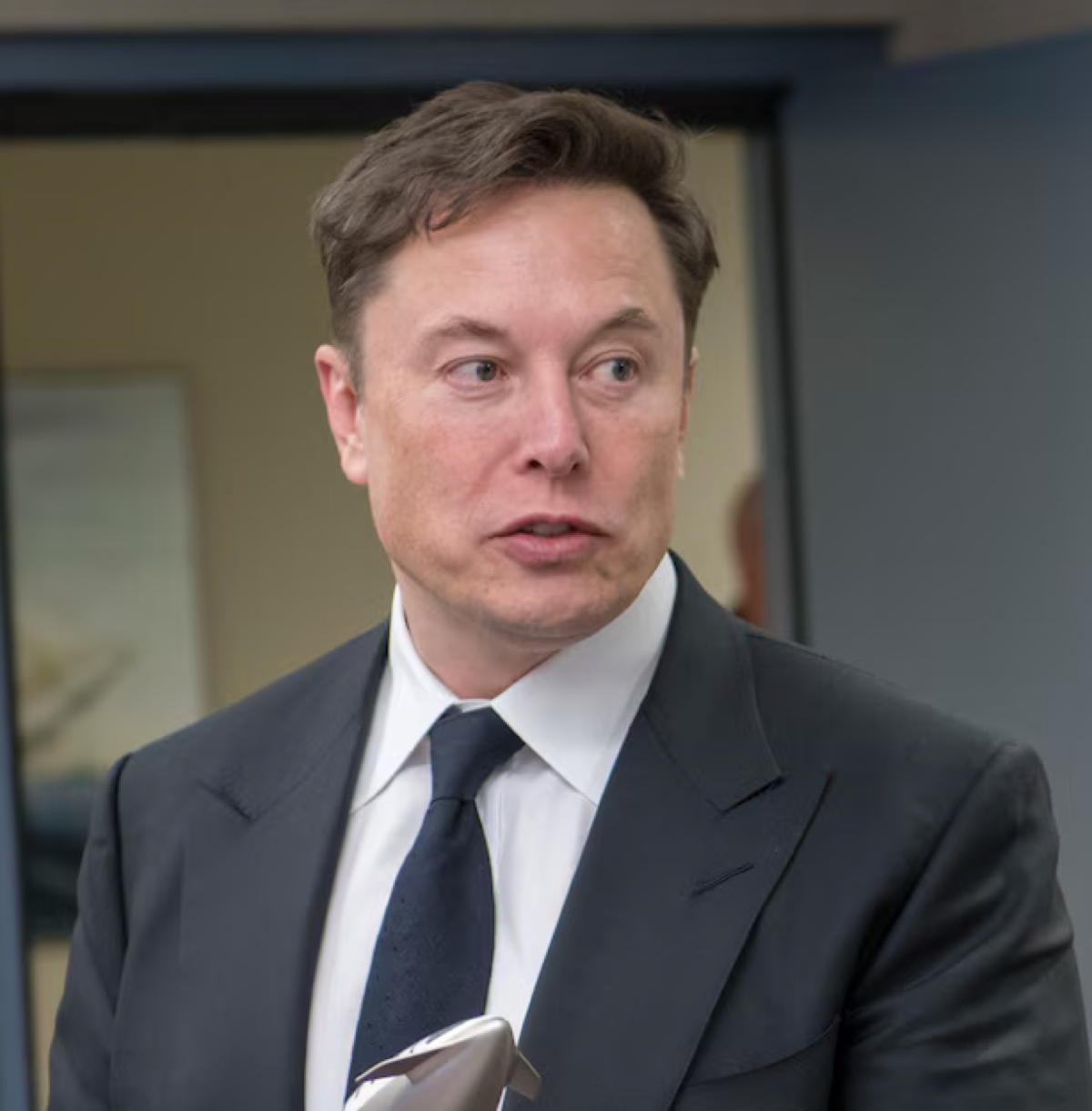There has been a development in X Corp’s lawsuit against non-profit Media Matters and its writer Eric Hananoki.
Reuters reported that a US district judge on Thursday has ordered that X’s lawsuit will head to trial on 7 April 2025.
The legal action stems from Elon Musk’s reaction late last year to a damning report written by Eric Hananoki of Washington, DC-based Media Matters, which had triggered an advertising exodus from the platform formerly known as Twitter.
Musk then publicly told fleeing advertisers to go f*** themselves, during an on-stage interview at The New York Times DealBook Summit.

Advertising pulled
Hananoki’s report for Media Matters was released in November, and it alleged that pro-Nazi content had appeared alongside mainstream advertising on the platform.
The report included screenshots showing advertisements from major brands and companies, which appeared alongside accounts praising Nazism and denying the Holocaust.
In response a number of advertisers, including IBM, Apple and Disney, suspended advertising on the platform.
Elon Musk did not react well to the report, and immediately threatened to file a “thermonuclear” lawsuit against Media Matters.
“The split second court opens on Monday, X Corp will be filing a thermonuclear lawsuit against Media Matters and ALL those who colluded in this fraudulent attack on our company,” Musk wrote on X.
X Corp then filed the legal action in Texas against Media Matters and its writer Eric Hananoki, over what it called an “intentionally deceptive report”.
Texas probe
Washington, DC-based Media Matters says its mission involves the “monitoring, analysing and correcting conservative misinformation in the US media”.
On the same day Musk’s lawsuit was filed, Texas attorney general Ken Paxton opened an investigation into “potential fraudulent activity” by the non-profit.
X’s lawsuit claims some of the platform’s biggest advertisers had paused their spending, and also claims Media Matters manipulated X’s advertising display algorithm by following 30 accounts consisting solely of extremist users and large companies and undergoing “excessive” scrolling and refreshing to ensure the desired result.
However Media Matters president Angelo Carusone on X at the time called the filing a “frivolous lawsuit meant to bully X’s critics into silence” and said his firm stood by the reporting.
CCDH lawsuit
This is not the lawsuit from X against a non-profit.
In July 2023 X had sued the Centre for Countering Digital Hate (CCDH), a UK-US non-profit, in California over a report about the platform’s alleged failure to remove extremist content.
X then threatened to sue the Centre for Countering Digital Hate, accusing the non-profit of making “a series of troubling and baseless claims that appear calculated to harm Twitter generally, and its digital advertising business specifically”.
Musk always claimed himself to be “free-speech absolutist”, but days after his threat to sue, he ordered X in August 2023 to sue CCDH in a San Francisco federal court, accusing CCDH of deliberately trying to drive advertisers away from Twitter by publishing reports critical of the platform’s response to hateful content.
In September CCDH refused to back down, and reported 300 tweets to Elon Musk’s platform, that contained extreme hate.
Of that number of hate speech tweets, X had left up 259 of them.
In March this year US federal judge Charles Breyer signalled that Elon Musk’s X would likely lose that lawsuit, after he said the platform had not done enough to establish the claims against the hate speech watchdog.
True to his word, in April 2024 Judge Charles Breyer dismissed the lawsuit, saying there could be “no mistaking” that the X suit was about “punishing” the firm’s critics.
Anti-Semitic post
Elon Musk has not exactly helped his cause.
In November 2023, Musk endorsed an anti-Semitic post on X that said members of the Jewish community were stoking hatred against white people, saying the user who had tweeted it, spoke “the actual truth.”
That drew a strong rebuke from the White House, which condemned Elon Musk’s endorsement of what it called a “hideous” anti-Semitic conspiracy theory on X.
Musk apologised for endorsing this conspiracy theory, admitting it was probably the dumbest post he had ever made.





